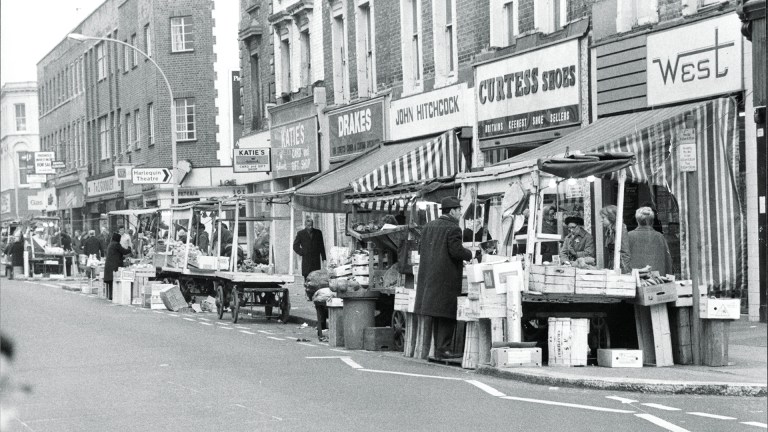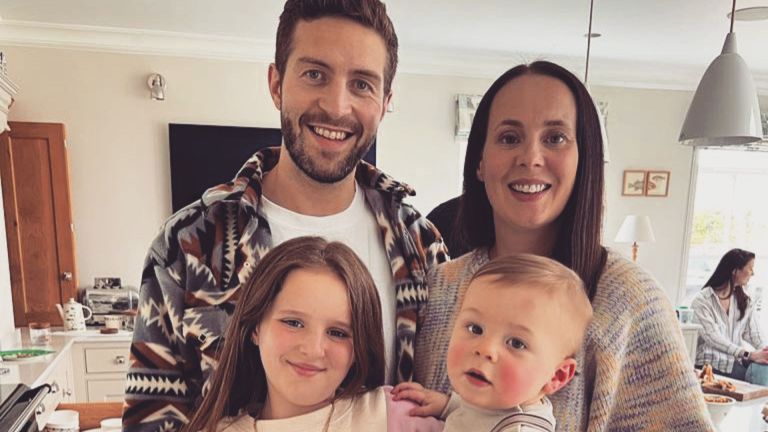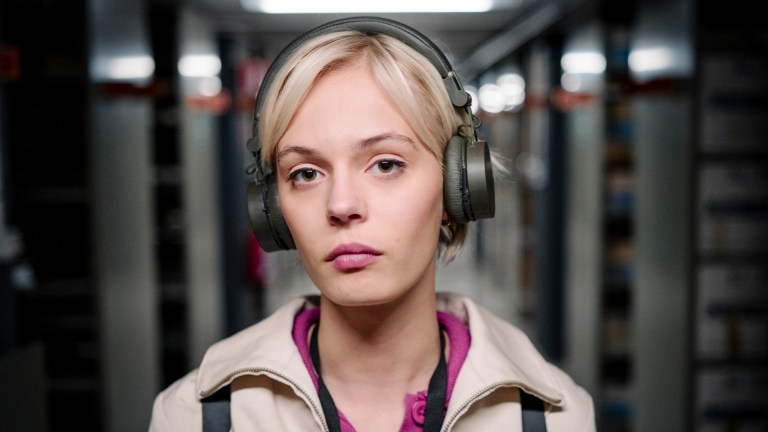Two years ago I went as mad as a March hare. Massive overwork, perfectionism and years of buried pressure became a chaotic stew of manic worry and self-loathing.
Split, in my soul, between the person I wanted to be and the person I felt myself to be, and jacked up on my trigger, cannabis – do any of us still doubt how dangerous this drug is? – I boiled over into a complete breakdown.
I believed the radio was talking to me. Ironically, I used to work on some of the programmes I heard, and know the presenters, who specialise in sounding as though they are talking to you. And I dug holes in my ceiling, trying to turn a block of flats in a university of universal peace, as you do. I set my car to roll down a bank, not mad enough, thankfully, to be in it.
Lockdowns have taken income away from hundreds of Big Issue sellers. Support The Big Issue and our vendors by signing up for a subscription.
Sectioned by an excellent social worker, I was detained in hospital in Wakefield. It took me a little time to come down – about two days – and two weeks to begin healing. I knew I was going to write about it all, so investigating what happens when we break down and how we can be helped became part of the process.
First, I learned, as we are all learning through the pandemic and these ferocious times, all of us are on a scale between very distressed and perfectly well, and most move around on it over the course of our lives.
Next, having a breakdown is a natural reaction to extreme stress. Put too much pressure on any of us and we snap. When I snapped, I believed the security services were on my side, and expected contact with aliens at any moment. It turns out that these kinds of delusions are common and that delusions are a kind of language.
“Many psychiatrists know that pills are a short-term solution to long-term troubles (they treat symptoms, not causes) but feel they have no alternative to prescription.”
At the time I was unable to talk and think my way through swamps of pain, worry and guilt. It has taken two sane years to order, understand and write about them. So it seems my stoned and sleepless brain took a dramatic short-cut. Everything could be explained away – I was in the service of higher powers! If your reality is unbearable, an alternative is a logical step.
Now I learned that should you have a breakdown, our system will strongly advise you to take powerful medication, which will be prescribed on a trial-and-error basis, according to the side effects you experience.
But the most successful treatment for breakdown, developed in Finland, uses minimal medication, and understands delusions to be a desperate form of communication.
Open Dialogue brings therapist, doctor, sufferer, peer- supporter (someone who has been through it) and family together to listen and talk about what has happened, and why. The results are stunning: two years after breakdown, 75 per cent of those who have had the treatment are back at work or studying, compared to nine per cent of those treated conventionally in the UK. Most take no medication.
I was interviewed by a key UK practitioner but was unable to access Open Dialogue. It is spreading but availability is still tiny. Instead, I turned to psychotherapy, which made a tremendous difference, addressing roots and traumas buried within me, freeing me from much confusion and harmful thought patterns.
From psychotherapists I learned about ways of seeing and talking about wellbeing. You will have noticed that I have used little of the vocabulary you might expect in this story. Although words like bipolar and manic depression may be useful to some, interviews with psychologists and psychiatrist showed that many professionals see our current system of diagnosis, labelling and medication as unhelpful, if not harmful.
There is an extraordinary split at the heart of the way we regard the whole subject. Many psychiatrists know that pills are a short-term solution to long-term troubles (they treat symptoms, not causes) but feel they have no alternative to prescription.
Here's a story of how we go mad; of heroines and heroes who look after us; of psychiatry's pills and psychology's questions; of radical treatments and systems in dire need of change. I wrote it to pay tribute, to find answers, in hope that it might help https://t.co/Iy4EJuf5HH
— Horatio Clare (@HoratioClare) January 2, 2021
Many psychologists question the entire basis upon which psychiatry proceeds. They believe we need a lot more talking and many fewer pills.
“Bipolar is a very popular diagnosis,” one psychologist told me, “and I wouldn’t take it away from anyone, but I don’t find it helpful. I want to know what has happened to you, and start work from there.”
I am no expert on anyone else’s condition, and if medication works, great. It certainly helped bring me out of the madness. But I have resisted long-term drugs, being in the incredibly fortunate position of being able to afford therapy when I desperately needed it.
Should you hit trouble, my only advice would be to look hard at what works for you, and to insist on being treated as an individual rather than a case.
As is well known, reducing, changing or stopping medication should only be done in careful consultation with a doctor. But it is worth remembering that doctors have a duty to help with that, should it be desirable.
Before the pandemic struck, de-prescribing was taking off. I interviewed doctors and psychiatrists who now start their conversations with your personal circumstances, questions about why you feel the way you do and what you can do to change it.

Creativity, exercise, art, social prescribing (joining groups, sports, clubs – anything is better than nothing), exposure to nature, good diet, proper sleep and an avoidance of stress – though easier said than done – can bring huge progress. A good question to ask yourself is, “Is what I am going through related to factors I can change, or that will change?”
I know the theory and still struggle with the practice. I have yet to take up running, for example. But two years after I broke down, I remain sane, healing and hopeful. Researching and writing about this vital area has made one thing clear. Talking really works.
Over half of those given therapy for anxiety or depression make a complete recovery, accord to NHS statistics. Everyone deserves quick access to clinical psychotherapy on the NHS. Whether we demand it, vote for it or train to do it, this is how we can change millions of lives.
Heavy Light: A Journey Through Madness, Mania and Healing by Horatio Clare is out on March 4 (Vintage, £16.99).









